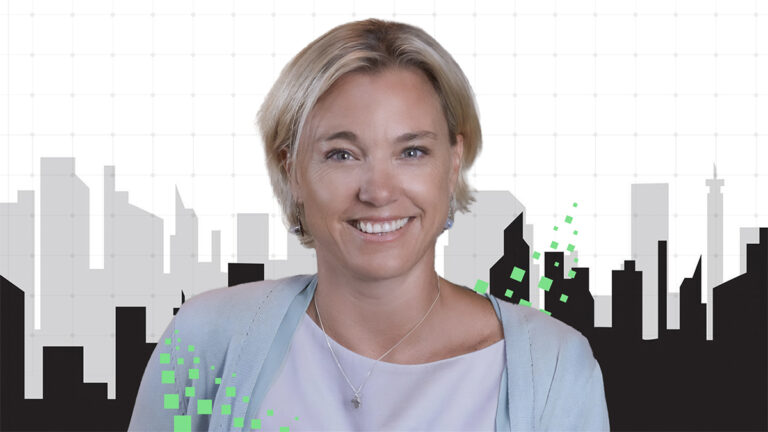South Africans owed more than R89 billion in unclaimed benefits – how to get your money

While the Financial Sector Conduct Authority (FSCA) hasn’t given an updated figure of the R89 billion in unclaimed assets, experts have stressed that this number is likely much higher.
This is despite thousands of South Africans having already come forward and successfully claimed money owed to them.
In September 2022, the FSCA published a discussion paper on the framework for unclaimed assets in South Africa.
The FSCA revealed that nearly 8 million South Africans were linked to R89 billion in unclaimed assets, with roughly R48 billion sitting idle in unclaimed retirement funds.
Interestingly, the FSCA also noted that the nation’s mining sector accounts for the most significant chunk of unclaimed benefits.
The rest is spread across other financial products, including insurance policies, unpaid dividends, and dormant investment accounts.
The sheer amount of these unclaimed benefits has prompted growing concern among experts, particularly as new assets are continuously added to the pool.
Rowan Gordon, CEO of Robin Hood, told BusinessTech that despite efforts to raise awareness about these assets and encourage people to claim them, the number of unclaimed assets is increasing daily.
It is outpacing the rate at which claims are being submitted. As a result, the total amount of unclaimed assets is likely much higher than R89 billion.
“Every day, additional benefits are classified as unclaimed, and without the support of technology, traditional processes have struggled to keep pace,” said Gordon.
“This highlights the urgent need for digital solutions to streamline beneficiary identification and accelerate the payout process.”
According to Gordon, one of the main reasons the problem persists is that many South Africans don’t even know they are entitled to these funds.
“The issue of unclaimed benefits has grown over time for many reasons, with one of the most significant being that many South Africans are simply unaware they are entitled to these funds,” he explained.
He added that this is despite his platform successfully assisting payouts to over 10,000 beneficiaries who were owed money.
FSCA Commissioner Unathi Kamlana agrees that the problem is not going away.
“Despite this being an old problem, the unclaimed benefits are increasing each year, which means that not enough is being done,” he said.
To address the issue on a broader scale, the FSCA has proposed establishing a central unclaimed assets fund or transferring the money to the National Revenue Fund.
It added that some funds could also be used to improve public services in poor areas.
How to check if you have unclaimed assets
According to the FSCA, the unclaimed assets include retirement fund benefits, bank deposits, interests in collective investment schemes, and various life and non-life insurance policies.
They can also encompass proceeds such as dividends and interest payments left uncollected, particularly when beneficiaries are unaware of them.
The assets may be unclaimed because funds or administrators have failed to update information and record keeping, or there may have been changes from employers and intermediaries.
For any South Africans wanting to see whether they are owed any money, the FSCA provides a tool that allows for a partial or even complete search.
The tool requires basic information like your name, surname, identification number, fund name, and employer.
If there’s a potential match, the FSCA will provide you with the contact details of the relevant fund or administrator. You can then contact them directly and follow their usual claims process.
It is important to note that the FSCA and other associations that try to link South Africans to the money owed are not the ones facilitating payments.
This is something that has to be handled directly with the fund or administrator that holds the assets.
Another service provider, Robin Hood, has partnered with Standard Bank to fast-track the link between South Africans and benefits.
The platform is app-based and allows for faster tracking and claims processing for verified users on the platform.
According to Standard Bank, the fast-tracking works by removing the requirement for clients to approach funds individually to submit claims.
This is accomplished by the platform partnering with funds to create a shared base for tracing, linking, and claims.





















